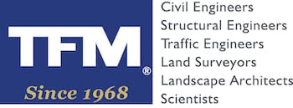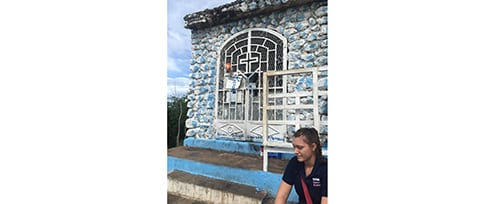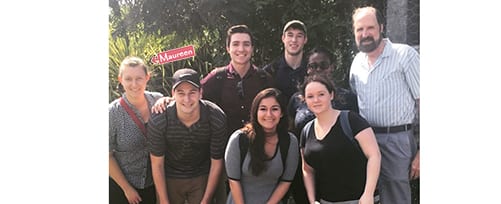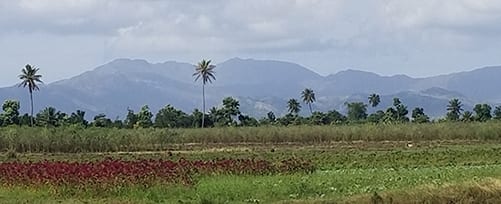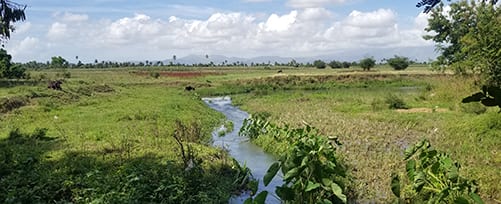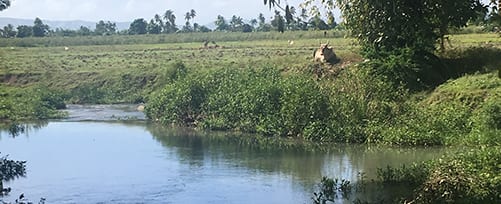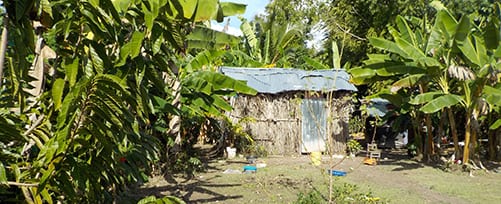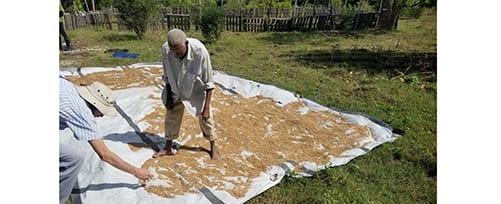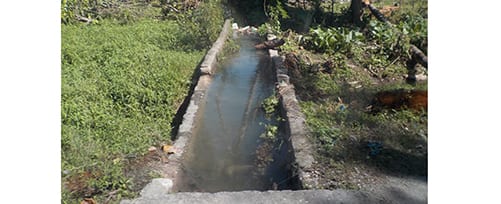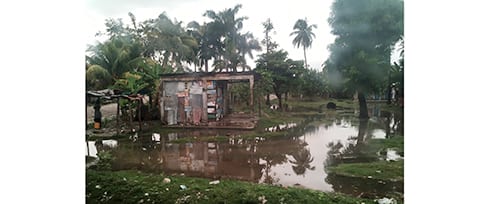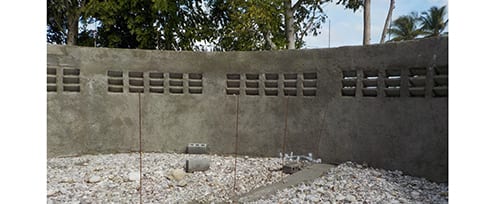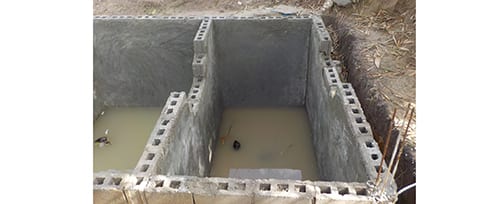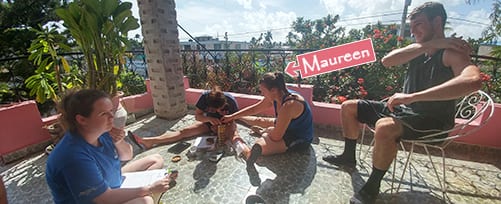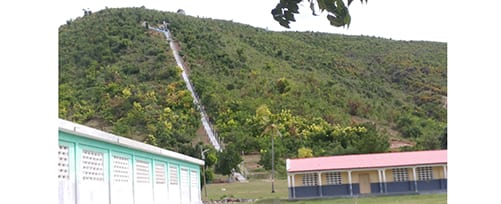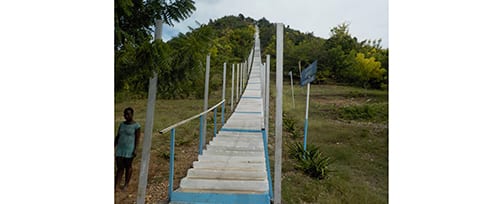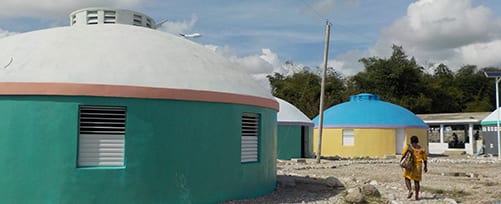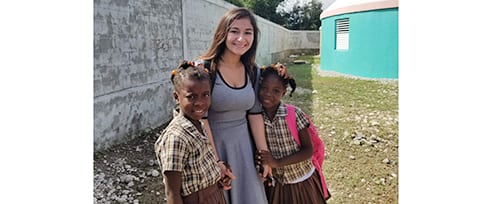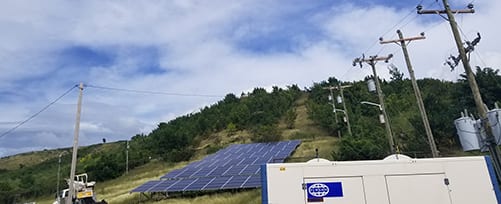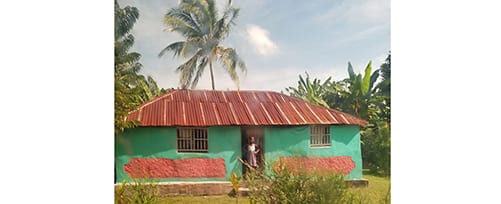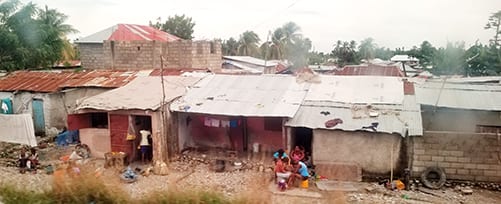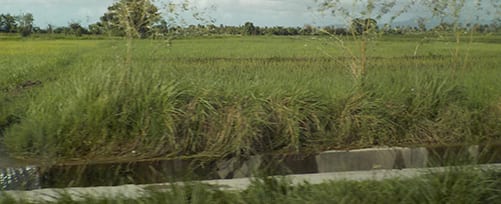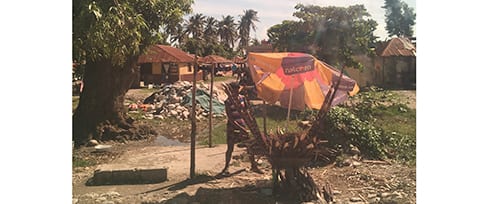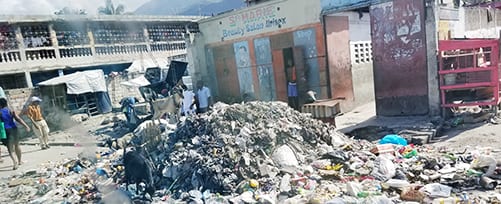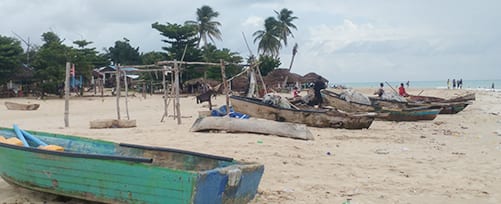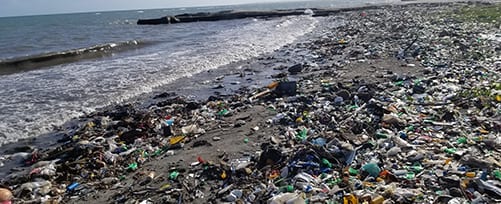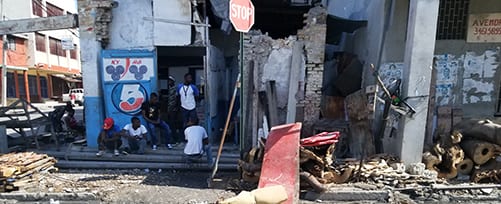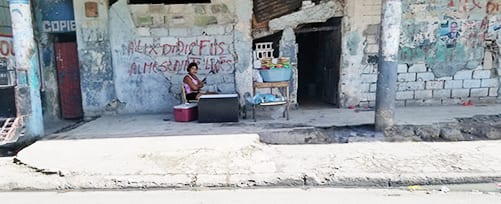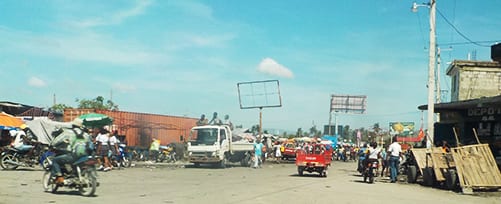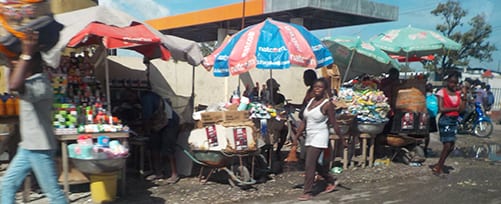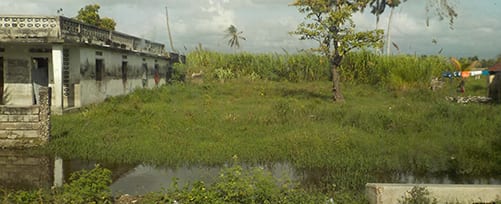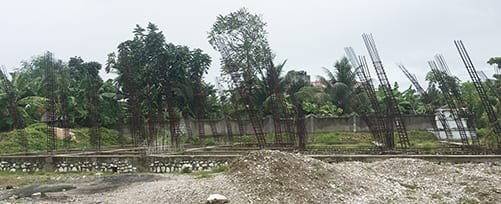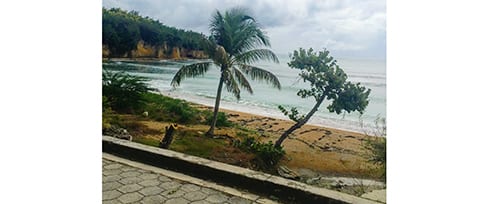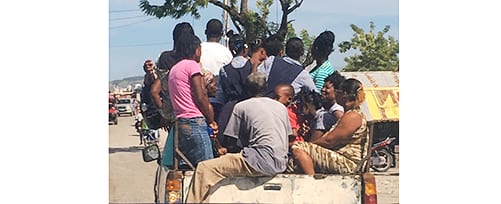March 5 – 11 is National Women in Construction Week. According to the National Association of Women in Construction (NAWIC) website, “The focus of WIC Week is to highlight women as a visible component of the construction industry. It is also a time for local chapters to give back to their communities. WIC Week provides an occasion for NAWIC’s thousands of members across the country to raise awareness of the opportunities available for women in the construction industry and to emphasize the growing role of women in the industry.”
In celebration of WIC, TFMoran is highlighting our own Women In Construction, one TFMoran woman engineer or surveyor each day this week. TFMoran is proud to have these women in construction, along with other women professionals on our team.
Maureen Kelly – TFMoran, Inc. Civil Project Engineer
Maureen Kelly is a Civil Project Engineer at TFMoran, Inc. who started with the company in January 2017. She graduated from the University of Massachusetts Lowell with a Bachelor of Science degree in Civil and Environmental Engineering, along with a Masters degree in Structural Engineering. She was president of the Chi Epsilon Civil Engineering Honor Society Chapter. Maureen stays connected with her alma mater by partaking in student engineering excursions to the Haiti Development Studies Center. She has been to Haiti twice over the past year to help with developing a more sustainable system for waste in the Haitian communities. Her professional experiences include; watershed analysis, drainage assessment, storm water retention, and calculations for residential and commercial structures.
Why did you go into engineering?
The relationship between the built world and the natural world has always interested me. Civilization can coexist with nature if we make it a priority. As the name suggests, civil engineering is one profession where you can study and influence that relationship.
What are the challenges of your job?
Stakeholders on a project often have competing priorities. Through discussion and compromise the project takes a shape that’s suitable for everyone, but sometimes getting to that point is a challenge.
What do you like about your job?
I love the variety of my work and the diversity of people involved in each project. I’m new to the field, but I know that after 20 years on the job there will still be more to learn.
What skills does one need to enter the engineering field?
The ability to make mistakes, learn from them, and move on. That one skill gives you freedom to study anything. Objectivity and patience are also very important. Contrary to common belief, it’s not all about math!
